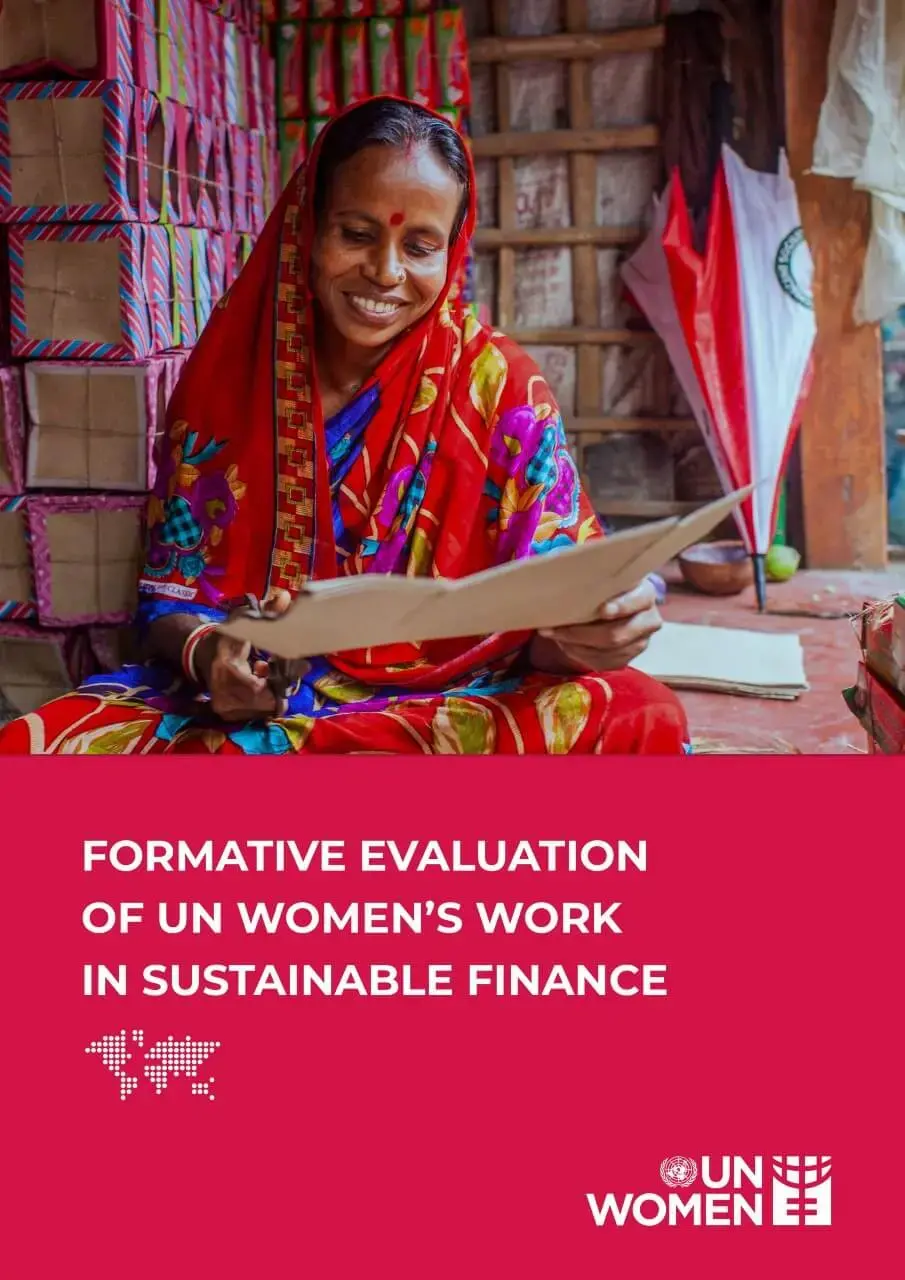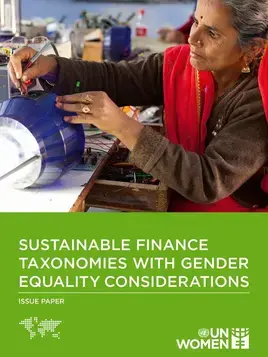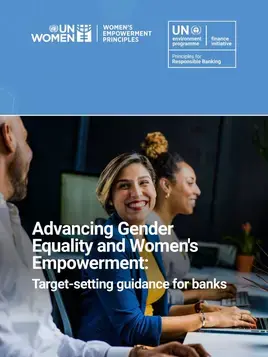
Formative evaluation of UN Women’s work in sustainable finance
Financing for gender equality is critical for achieving gender equality and the empowerment of all women and girls. Despite growing recognition of the importance of financing for gender equality, investments remain inadequate to achieve Sustainable Development Goal 5 (Achieve gender equality and empower women and girls). Addressing this gap involves mobilizing and influencing both public and private financial resources and collaboration across governments, financial institutions, civil society, and the private sector. Importantly, there is growing recognition that alternative or innovative financing mechanisms can also be leveraged to help close the financing gap for gender equality.
This formative evaluation focused on UN Women’s contributions to the sustainable finance agenda as laid out in the Addis Ababa Action Agenda. Considering the significance of UN Women’s collaborations with other organizations, the evaluation also focused on the role of partnerships in driving change.
The evaluation covered work from the inception of UN Women’s sustainable finance portfolio in 2020 until data collection in mid-2024. The sustainable finance portfolio referred to all sustainable finance work across UN Women and encompassed work at headquarters, regional offices, and country offices.
The evaluation examined both recent achievements and challenges and highlighted key opportunity areas that could be explored as this work evolves. It underscored the importance of articulating a clear organizational strategy or roadmap, strengthening internal capacity, and deepening engagement with both public- and private-sector actors.


